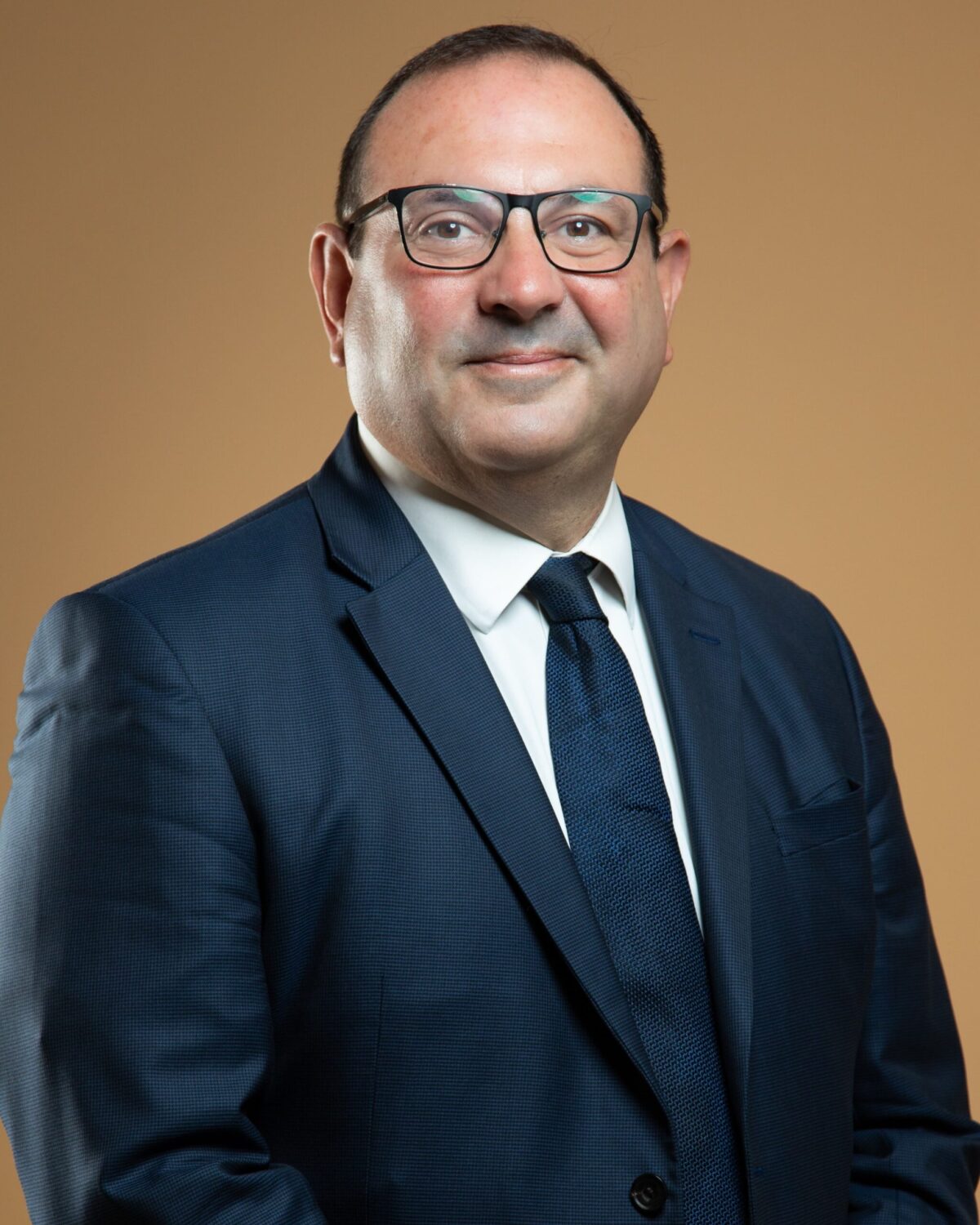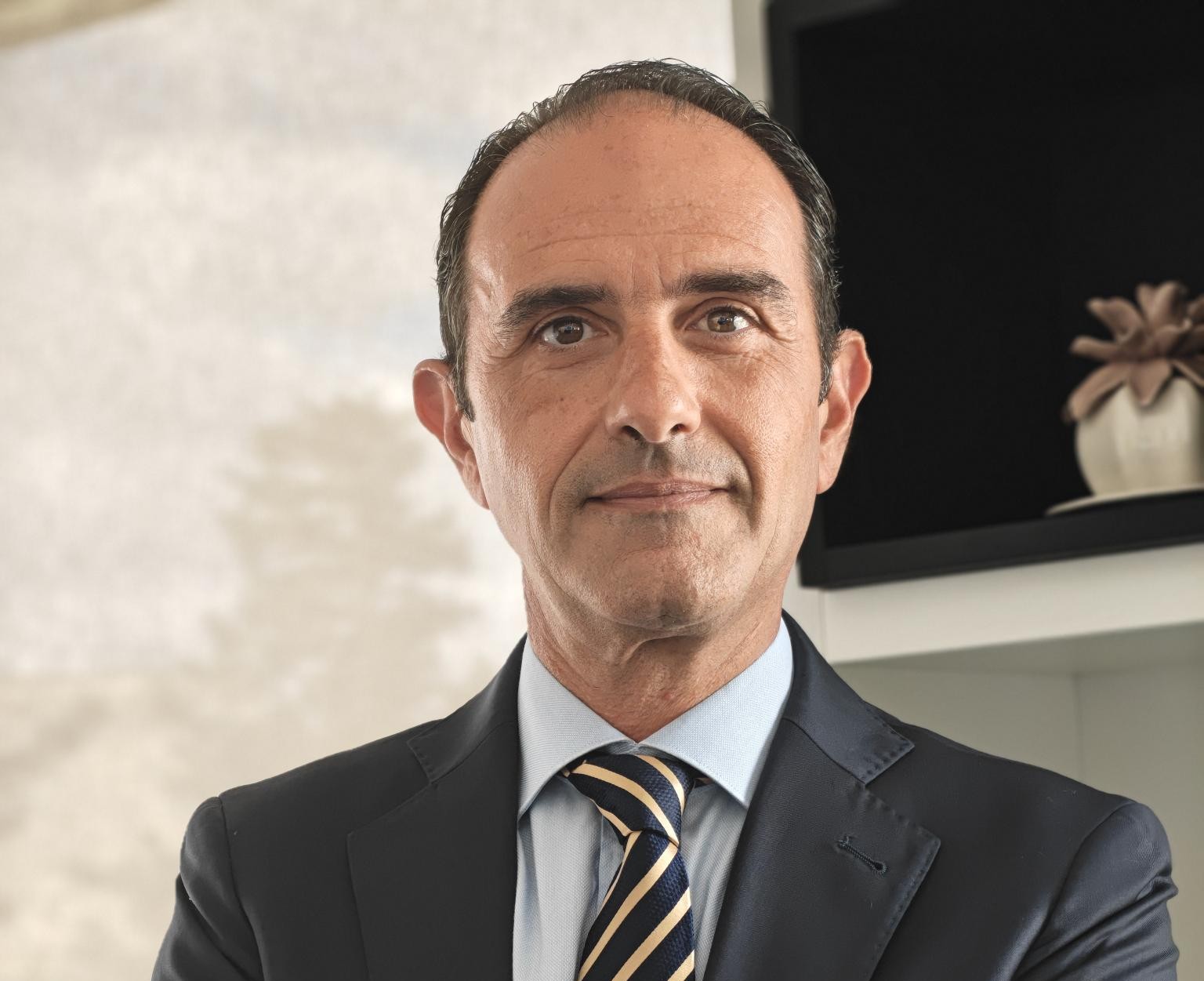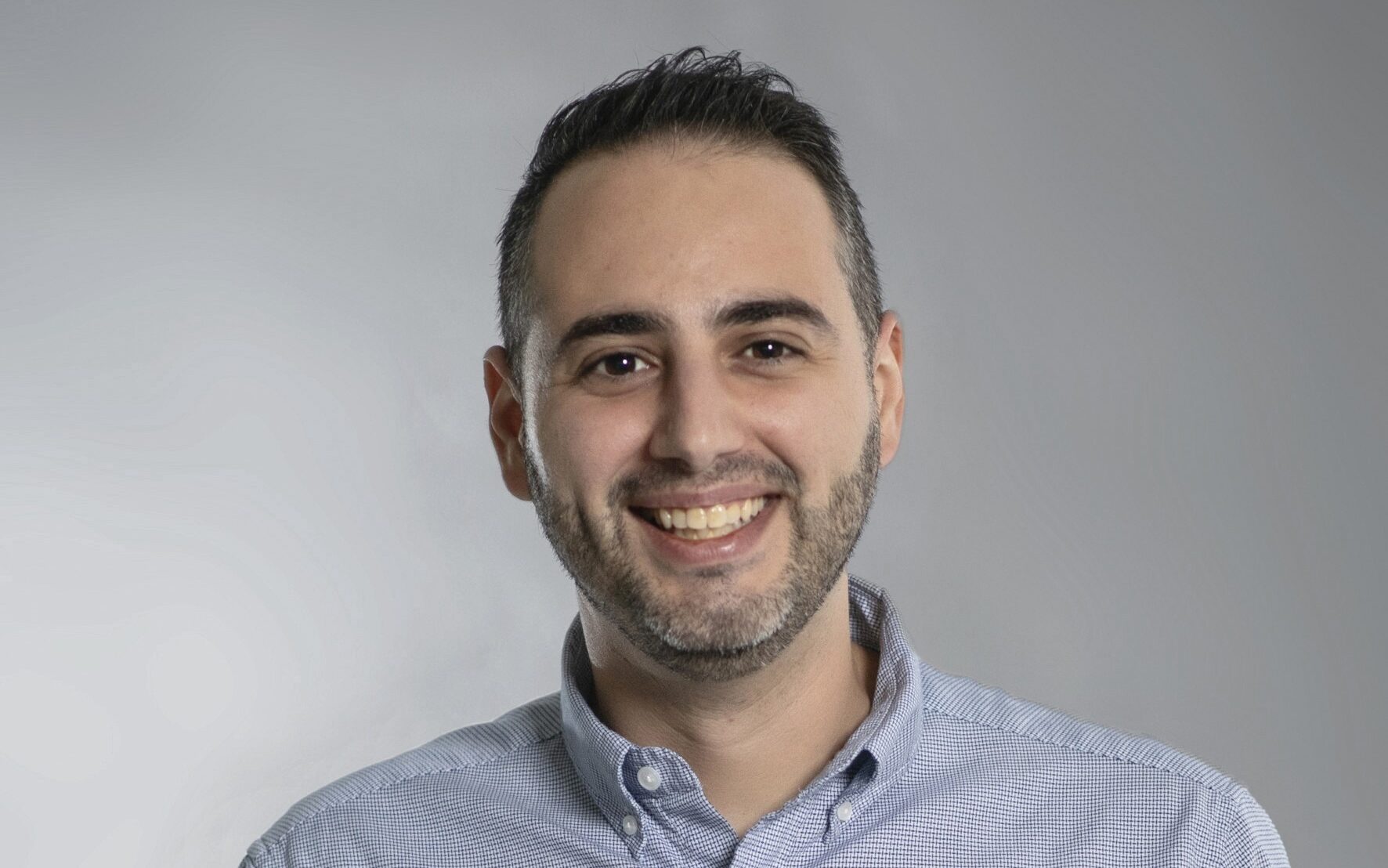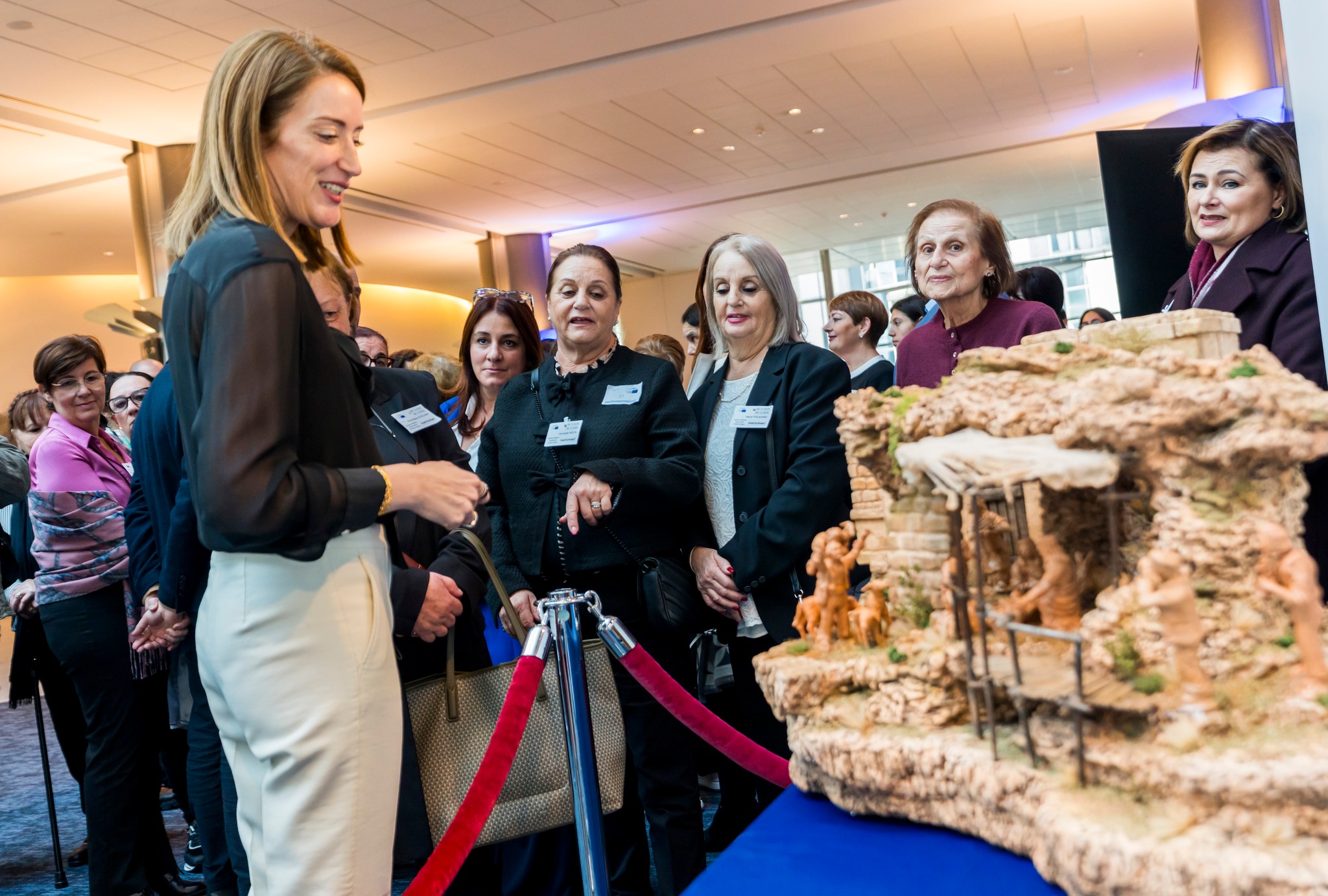The Maltese government’s decision to scrap its controversial citizenship-by-investment programme and replace it with a merit-based system has sparked varied reactions within the legal community.
Lawyers contacted by MaltaCEOs.mt say whether it signals the end of the sector, or simply its evolution into a more selective form.
On Wednesday (yesterday), the Government announced a proposed revision to the Citizenship Act, abolishing the Malta Exceptional Investor Naturalisation (MEIN) programme and introducing a new discretionary path to citizenship based on “exceptional service or exceptional contribution,” including job creation. This shift follows a ruling by the Court of Justice of the EU, which found the MEIN programme to be incompatible with EU law, describing it as the “commercialisation of EU citizenship.”
Under the new model, citizenship will be granted at the discretion of the Minister to individuals who have made “manifestly superior” contributions in areas such as science, research, sport, the arts, philanthropy, entrepreneurship, and technology. The term “investors” has notably been removed from the list.
It keeps immigration alive

Malcolm Mifsud, Founding Partner at Mifsud & Mifsud Advocates, tells MaltaCEOs.mt the new rules do indeed put an end to the citizenship-by-investment sector as it was previously understood. “Yes it does,” he said, “however, it keeps alive the immigration laws sector.” He explains that while the previous schemes made it relatively easy to acquire citizenship with limited connection to Malta, the new regime is geared towards attracting individuals of exceptional merit.
He cautions, however, that the proposed law still vests “absolute discretion” in the Minister to grant or reject applications, noting that there is no objective definition of what qualifies as “exceptional.”
“The interpretation of these exceptional qualities basically depends on the interpretation of what the Minister deems as exceptional,” he remarks. “From a legal point of view such discretions are problematic for lawyers to challenge and also to guide clients on the probability of success of an application.”
He also expects a shift in the applicant profile. While the number of applicants may decline, those who remain are likely to be high achievers. “All the IIP and citizenship by investment applicants are successful individuals in their own right. Therefore, I would imagine that there will be some interest,” he said.
On whether the Government’s approach is the right one, Dr Mifsud was blunt: “The Government has no choice. The European Court was clear, and the Government had received a number of warnings from individual member states and the EU institutions.”
When comparing the new rules to Austria’s model, he said they are “akin to the Austrian model,” noting that if Austria’s approach is acceptable to the EU, then Malta’s should be too – though the outcome will depend on how the Government applies the amendments.
He highlighted that the previous Maltese programme was markedly different from Austria’s, explaining, “The investment in Austria is directly in the economy and not to the Government… In Malta the Government asked for a fee of €700,000 and called it an investment. Therefore, to my mind they are different programmes.”
An evolution, not an end

Veronique Dalli, Founding Partner at Dalli Advocates, sees the change not as an end to the sector but as a transformation.
“What’s ending is a specific type of rules-based citizenship tied to fixed financial requirements,” she said. “The new sovereign grant of Maltese citizenship (SGMC) isn’t ending the sector, but changing it.” In her view, the shift moves the process away from a transactional model towards one that is merit-based and aligned with national interests.
Dr Dalli believes that while the number of applicants may not necessarily fall, the quality will likely improve. “Potentially, the SGMC elevates quality,” she notes, pointing out that decoupling investment from property opens the door to broader forms of contribution, while mitigating reputational risks.
She also supports the Government’s re-regulation strategy. “It is both a necessary and principled evolution. It balances sovereign prerogative with procedural integrity,” she argues, adding that the model gives future administrations greater flexibility without needing to rewrite the law.
Like Dr Mifsud, Dr Dalli acknowledges similarities with Austria’s approach, particularly in its discretionary nature. However, she was quick to distinguish between superficial comparisons and legal structure. “The SGMC offers a framework where each decision is sovereign yet reviewable,” she said.
In a nutshell
Both lawyers agree that the Government had little choice but to act in response to the EU Court ruling. They also concur that the new system resembles Austria’s discretionary model and that its real-world impact will depend heavily on how it is applied.
However, their interpretations diverge when it comes to characterising the future of the sector. Dr Mifsud sees the changes as a restrictive end to the citizenship-by-investment era, while Dr Dalli views them as an evolution toward a more curated and legally resilient form of sovereign citizenship granting.
Despite these differences, both agree that Malta’s appeal as an EU member state remains strong, and that this reformed path to citizenship – whether seen as a conclusion or continuation – will still attract global interest, albeit under tighter scrutiny and higher standards.
Additional reporting by Robert Fenech.
Valletta Legal marks 14-year milestone of Partner Anna Maria Zammit
'Anna Maria’s journey reflects what is possible when talent meets perseverance.'
Analytics ‘the bridge from intention to impact’ – Communications Hub CEO Viktoriia Yefimenko
As communication strategies become increasingly automated, the more valuable intelligence becomes.
‘An exciting new chapter’: Winston Zahra welcomes approval of Manchester Hotel expansion
Winston is the co-owner of the Manchester hotel and founder of Troo Hospitality.
Christmas a time ‘to try to find elusive peace’ – Roberta Metsola
Listeners were urged to understand the obligation we have to our collective humanity’









